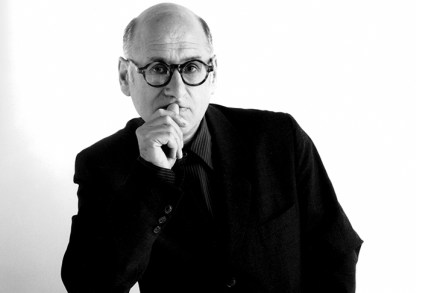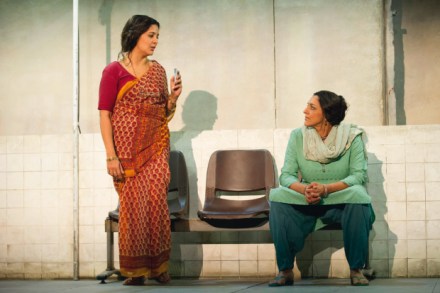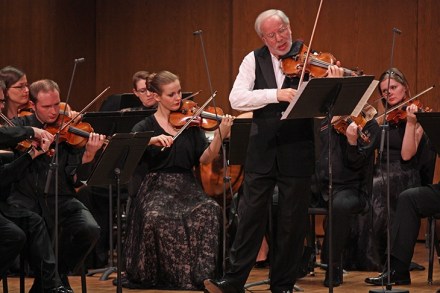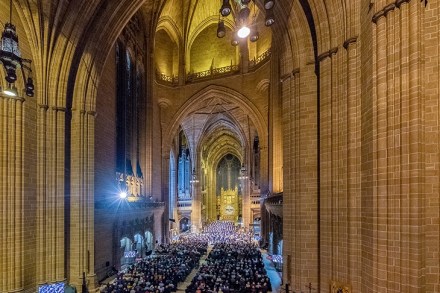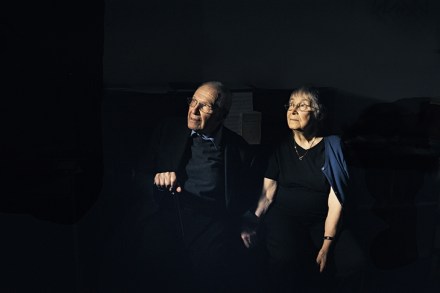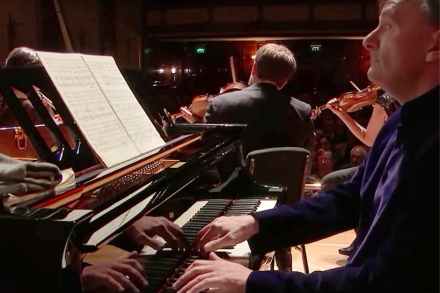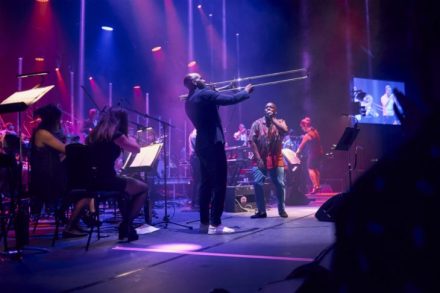High and mighty | 13 December 2018
In this 200th anniversary of the birth of Mrs C.F. Alexander, author of ‘Once in Royal David’s City’, all of us for whom Christmas properly begins when we hear the treble solo of verse one on Christmas Eve should remember her and be thankful. She was born Cecil Frances Humphreys, ‘Fanny’, to a successful land agent in Dublin in 1818, and she seems to have been genuinely mild, obedient, good as He. From an early age she had an instinctive liking for vicars, rectors, deans, bishops and archbishops, although she was shy and at her most relaxed with children and dogs. She eventually married a Church of Ireland rector of


